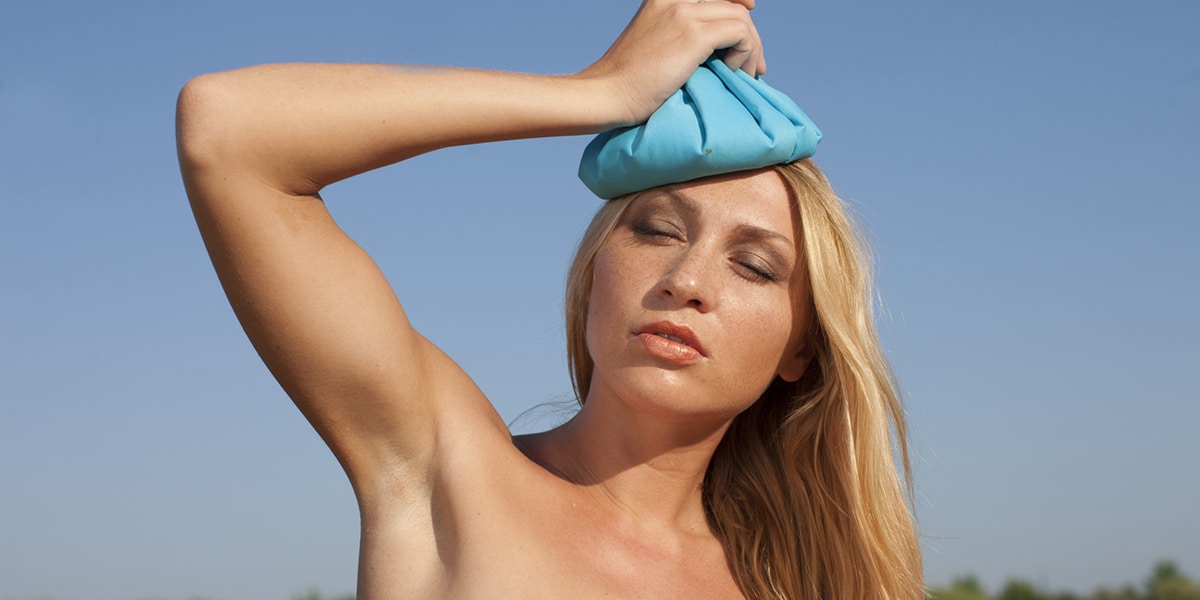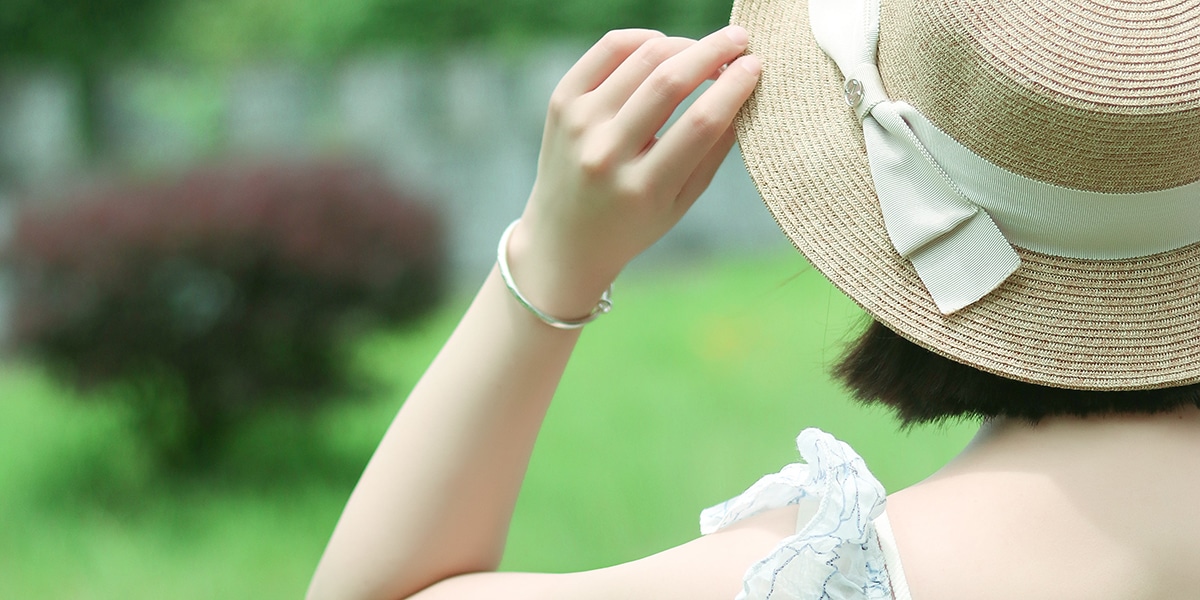Foregoing sun protection when the sun’s rays are strong can be a dangerous choice to make. Whether we’re forgetful, lazy, or simply don’t like the feeling of sunscreen on our skin, allowing ourselves to be overexposed to UV radiation can have dire consequences for our skin health later in life. But what if there was a sunscreen pill or product that makes it possible to never have to apply sunscreen again? While we aren’t quite there yet, some new scientific advances are hinting at sun care methods of the future, including ingestible drugs and topical products applied to the skin that protect our skin from overexposure.
Polypodium leucotomos is a fern found in Central America. When ingested and applied to the skin, it can fight as an antioxidant against cellular stress caused by exposure to UV rays.¹ Oxidative stress can cause damage to skin cells’ genetic material, or DNA. If this damage is not repaired by our bodies’ specialized mechanisms, it can lead to skin cancer. While this herb does not absorb UVA or UVB rays, it makes our skin more resistant to UV-induced darkening and sunburning.¹ Polypodium leucotomos is available over the counter, however, in a news release published by the American Academy of Dermatology, one doctor likened the protection offered by polypodium leucotomos to an SPF of 3 to 5. This is significantly less than the recommended SPF of 30.
Scientists have also discovered a small molecule called a SIK inhibitor. When dissolved in a liquid mixture and applied to the skin, this molecule could cause cells to produce protective melanin.² Melanin is a molecule responsible for giving skin its pigment; those with darker skin have more melanin than those with lighter skin. Depending on skin type, some individuals produce melanin after being exposed to the sun. This is also known as tanning. While this melanin offers some extra sun protection, exposing our skin to the sun to get a base tan is dangerous and not recommended. The benefit of this SIK inhibitor is that it may allow skin to tan, and thus acquire some extra sun protection, without having to be exposed to harmful UV radiation. Also, it may allow all individuals to tan, regardless of their skin type.² Sun protection supplements are also starting to appear on the market. Dietary supplements such as Heliocare and Sunsafe Rx, that utilize Polypodium leucotomos extract, are already available in the United States. Recently hitting the New Zealand market, the GO Sun UV Protect capsule is a sunscreen pill that is said to improve resistance to sun damage. The key ingredient in the supplement is a mixture of grapefruit and rosemary extracts known as NutroxSun. According to researchers at the Universidad Miguel Hernández in Spain, it was found to delay the onset of sunburn by 30% after two months of daily use.³ However, health professionals have warned that sun protection drugs still require further evidence to prove their effectiveness and that these supplements do not replace sunscreen, hats and other forms of sun protection.While we wait for an effective sunscreen pill and new and innovative sun care methods to be developed, it’s important to use the methods currently available to protect our skin. This includes wearing broad-spectrum, SPF 30+ sunscreen, UV-protective clothes, sunglasses, and seeking shade whenever possible.
Sources:
- Kullavanijaya, P. and Lim, H.W. (2005). Photoprotection. J Am Acad Dermatol, 52(6): 937-58. Retrieved on August 15, 2017
- Mujahid, N. et al. (2017). A UV-Independent Topical Small-Molecule Approach for Melanin Production in Human Skin. Cell Reports, 19: 2177–2184. Retrieved on August 15, 2017
- Pérez-Sánchez A. et al. (2014). Protective effects of citrus and rosemary extracts on UV-induced damage in skin cell model and human volunteers. J Photochem Photobiol B., 136: 12-18. Retrieved on October 6, 2017



